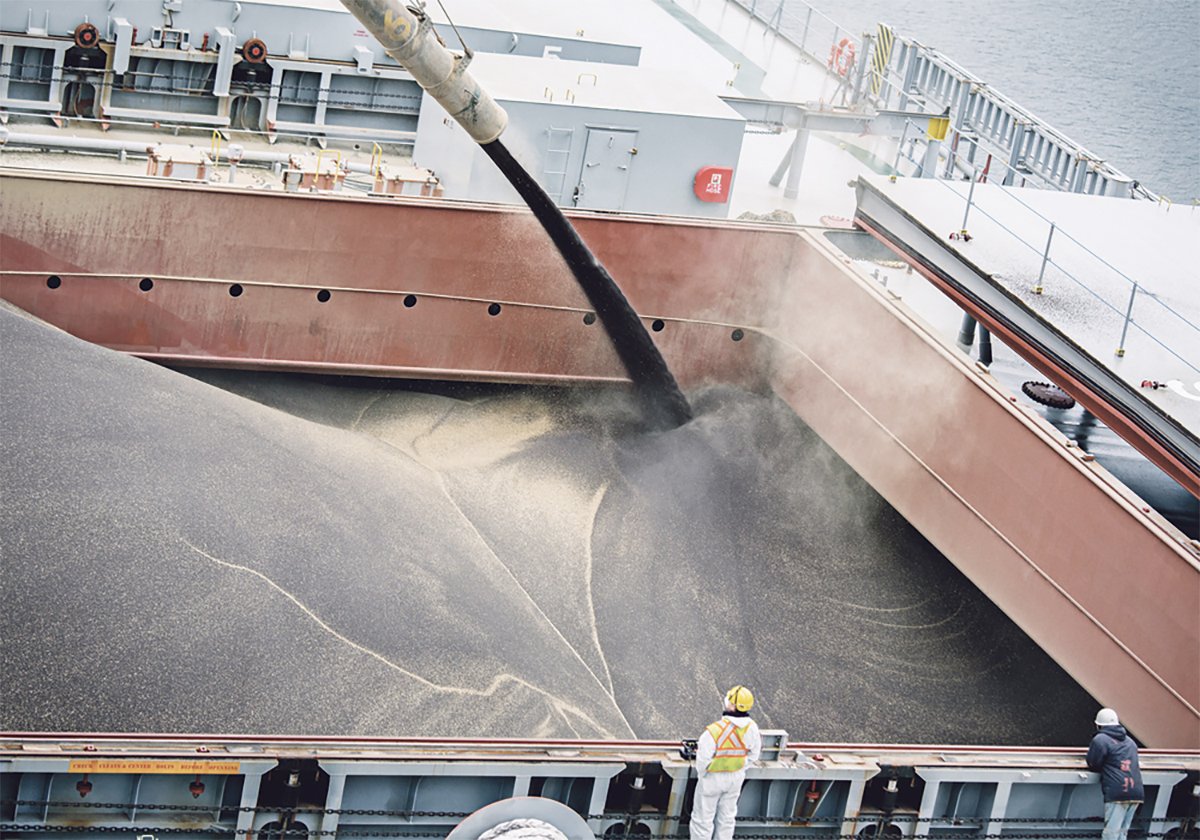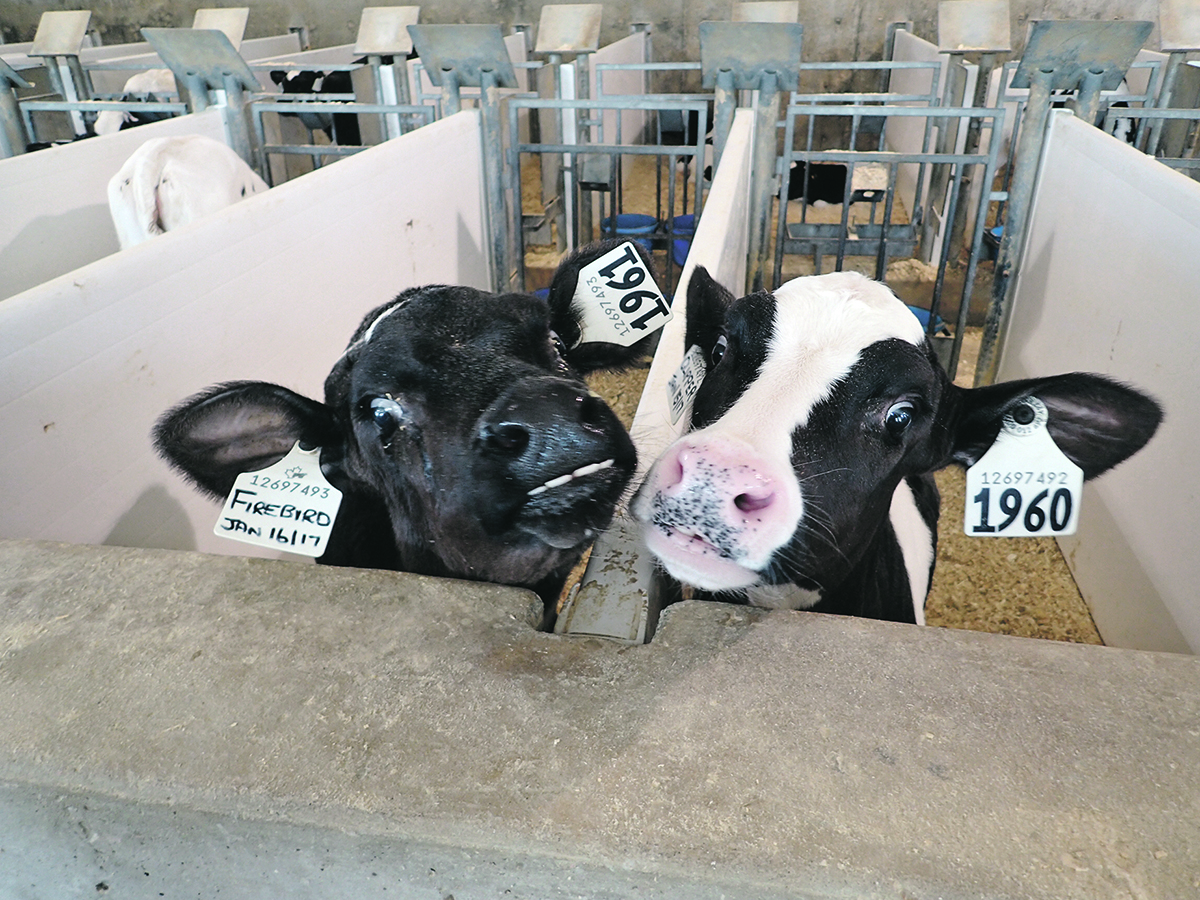The death of Bill C-282 is mourned by supply management supporters and praised by producers who rely on exports
Glacier FarmMedia – Some pieces of agricultural legislation will likely be terminated following Justin Trudeau’s announcement last week that he would be stepping down as prime minister and proroguing Parliament.
When Parliament prorogues, any bills originating in the Senate are terminated and any House of Commons bills return to first reading.
This would be the case for a bill such as C-282, which would protect supply-managed commodities from concessions in future trade negotiations.
Read Also

Exports off to a slow start after last year’s torrid pace
Canadian grain, oilseed and pulse exports are off to a slow start, but there are some bright spots, according to the Canadian Grain Commission’s most recent weekly export data report.
It has drawn both support and backlash from agricultural groups.
Signs point to opposition parties presenting a non-confidence motion as soon as Parliament reconvenes, triggering an election as soon as May. Polling data projects the Conservative party winning a sweeping majority.
A representative for senator Rob Black confirmed all motions will die on the order paper once an election is called.
Groups such as the National Famers Union have supported Bill C-282. An NFU statement from last October said the bill “will prevent supply management from being weakened or even destroyed by those who would use our domestic markets … as a bargaining chip.”
A review of the United States-Mexico-Canada Agreement is currently set for 2026.
“That would mean we wouldn’t have the direction that Bill C-282 would have provided in the next round of discussions,” said Cathy Holtslander, the NFU’s director of research and policy.
“We would not have any kind of tariff implications for our domestic market, for the supply managed commodities.”
She said the future of supply management, which would have been tackled by Bill C-282, will now be in the hands of the next Canadian government.
“The National Farmers Union, of course, support supply management for many, many good reasons, as do most Canadians,” Holtslander added.
“It would be a mistake to give up the sovereignty that we currently have over our supply-managed sectors and potentially put those sectors in a position where they’re vulnerable to things like the tariff suggestions that (U.S. president-elect) Donald Trump has made.”
The dairy sector has also come out in heavy support of the bill: last year, Dairy Farmers of Canada called on senators to support the bill in a written statement, saying it “would safeguard the sustainability of Canadian dairy, poultry and egg production by preventing further market access concessions in future trade agreements.”
Not all sectors have been as supportive — Grain Growers of Canada has voiced opposition to the bill.
“We’ve obviously been lobbying against C-282 for some time now,” said executive director Kyle Larkin.
“The prorogation will either eliminate that bill or will postpone it until a time that it likely won’t be able to pass. So, we’re pleased with that.”
“We think it will have detrimental impacts to our international trade and to the trade agreements that our international trade negotiators are able to get for grain farmers, but also Canadians alike.”
Al Mussell, founder of Agri-Food Economic Systems inc. and an agriculture policy expert, said he thinks the pace of current events will “overtake things” relative to a bill like C-282. Much of this is related to concerns around Trump’s next moves on trade.
“I would worry that we won’t have a …. (USMCA) renegotiation,” Mussell said.
“I think it’s reasonable to worry that early on, the U.S. could just withdraw from it.”
With Trump’s proposed 25 per cent tariff threat against Canada, Mussel said he sees a “robust trade agreement” with the U.S. being unlikely, regardless of what legislation has been passed in Canada.
Sylvain Charlebois, director of the Agri-Food Analytics Lab at Dalhousie University, was also pleased with Bill C-282’s demise, calling it a “misguided trade policy.”
“Bill C-282, championed by a Bloc Québécois MP, aimed to grant permanent immunity to supply-managed sectors,” Charlebois wrote in column posted on X.
“This would have barred Canada from making further concessions on these industries, such as granting tariff-free access to foreign cheese, butter, chicken or eggs.…
“While supply management plays a critical role in stabilizing certain agricultural markets, the approach proposed in this bill would have significantly narrowed Canada’s trade flexibility.”


















